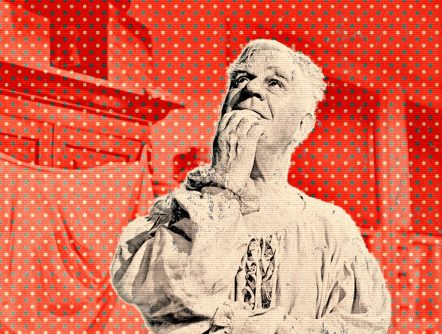John Tuso’s new book recalls his advice succinctly: simply support and supervise management. CEOs shouldn’t surrender, and boards shouldn’t usurp, power. In the nonprofit context particularly, directors should also be willing to do more when asked.
Stephen R. Soukup’s straightforward explanation of increasing, and increasingly destructive, “wokism” in the country’s for-profit sector necessarily includes the role of some who are also in, and/or are acting through, the nonprofit sector.
Lance Morrow’s new book provides an historically and religiously informed contextual overview for considering how money should be organized to do good.
Which may be permanent, and thus still relevant—including in the higher-education context.
From Charles Koch and Robert L. Woodson, Sr., decades’ worth of accumulated wisdom, but differing perspectives.
An important charitable lesson from the classic Christmas film.
Several could perhaps play Robert M. Hutchins’ role today. Any potential B. Carroll Reeces?
“Farewell book” by E. D. Hirsch, Jr., underscores role of history and civics education in developing shared knowledge necessary to be a nation. Philanthropy can and should help.
In philanthropy, for example, personal giving almost doubled from 1929 to 1964, then turned back downward from 1964 to 1996, according to new book by Robert D. Putnam with Shaylyn Romney Garrett. What to do about all this? Where to turn?









